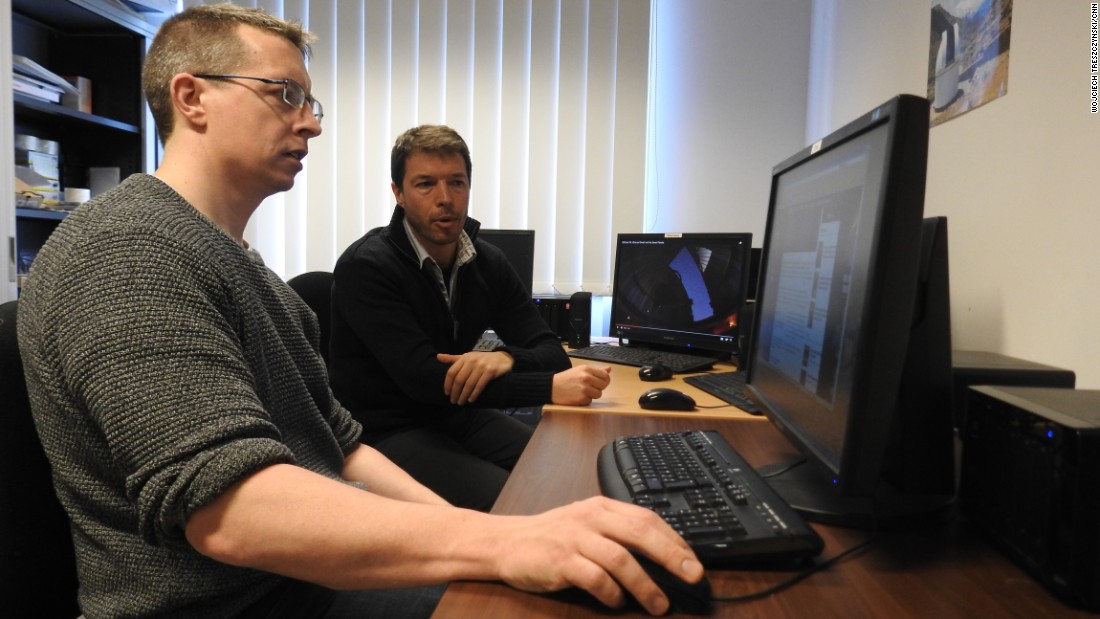
(CNN)Just how a team of five Belgian scientists discovered one of the most remarkable planetary systems — and named it after their favorite beer — is a story of ingenuity, persistence and luck.
TRAPPIST-1 is the name of a system of seven Earth-size planets orbiting a dwarf star “just” 40 light-years away. Three of the planets sit in the habitable zone of their star, making it possible they could support liquid water on the surface and sustain life.
The researchers also nicknamed each exoplanet — those that orbit stars outside our own solar system — after monastic Trappist beers like Rochefort, Orval and Westvleteren, some of which have been brewed for centuries.
“For many weeks, it stayed between us and maybe two other people,” Jehin said. “It is very hard to keep a secret, because you want to talk. … We were more worried about leaks in our team.”
“But (Jehin) is a very paranoid guy. … I’m not that anxious,” Gillon joked.
Once the discovery was published in February, it quickly stirred popular imagination. The tiny solar system, no bigger than Jupiter and its moons, has inspired a Google Doodle, a NASA travel poster and VR experience, science fiction, cartoons, songs and paintings. There’s even a video game.
“For a sci-fi geek, it’s a wonderful system,” Jehin said. “You can imagine life on different planets, traveling from one planet to the other, speaking to each other.”
“It’s frustrating to not see the planet, but we can use imagination to go there,” Gillon added.
The new and larger telescopes called SPECULOOS (Search for habitable Planets EClipsing ULtra-cOOl Stars), named after a famous type of Belgian cookie, will explore 1,000 of the nearest ultracool dwarf stars, looking for more TRAPPIST-like systems.
In the coming months, the four new telescopes, at a cost of about $1 million each, will come online in Chile.
Jehin and Gillon will also focus on the system they already found. Using newer and more sophisticated technology, they’ll try to determine whether any of the planets have Earth-like atmospheres and try to detect life-signifying molecules such as water, carbon and methane.
“We still don’t know if these are habitable,” Gillon said. “We don’t know what to expect, but we have plenty of theories. But as I say, theories are often wrong. We will have plenty of surprises in the coming years.”
source http://allofbeer.com/belgian-astronomers-who-found-planetary-system-named-it-after-beer/
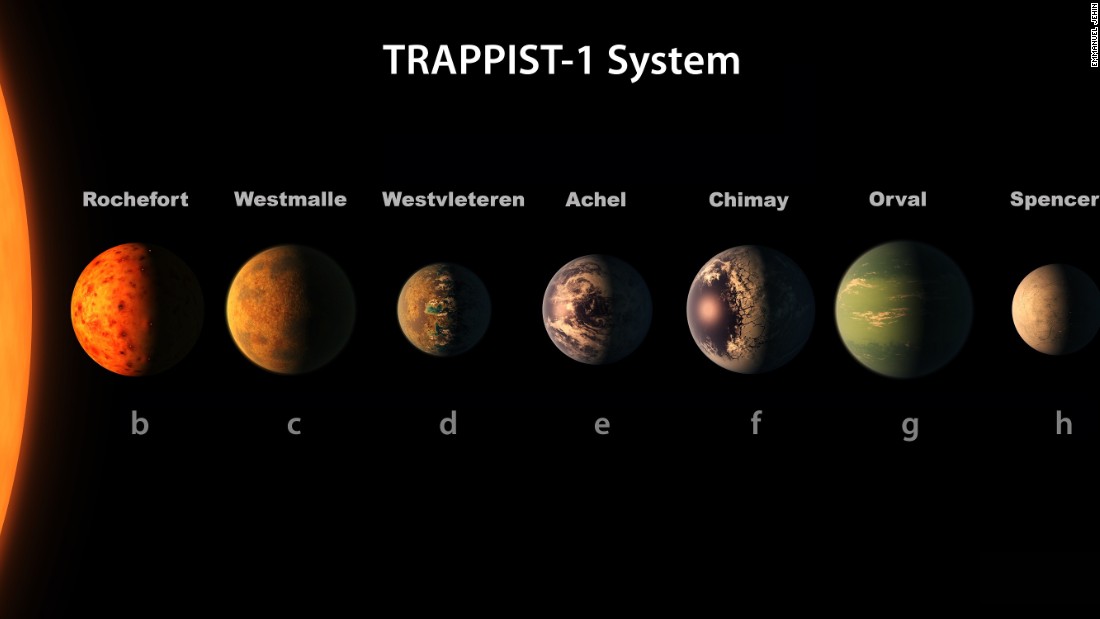
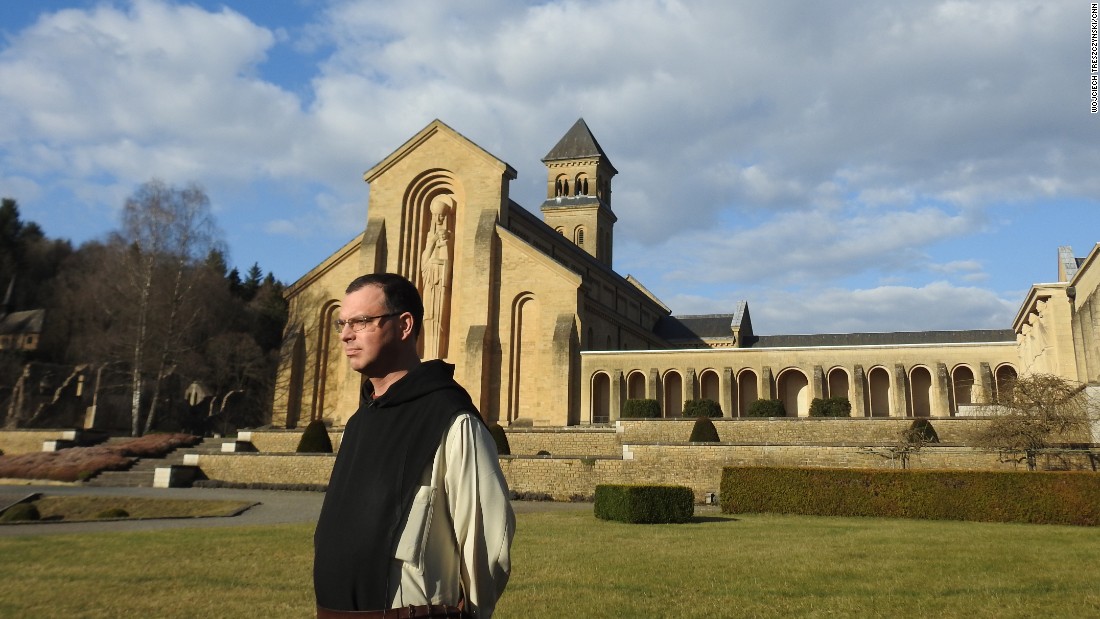
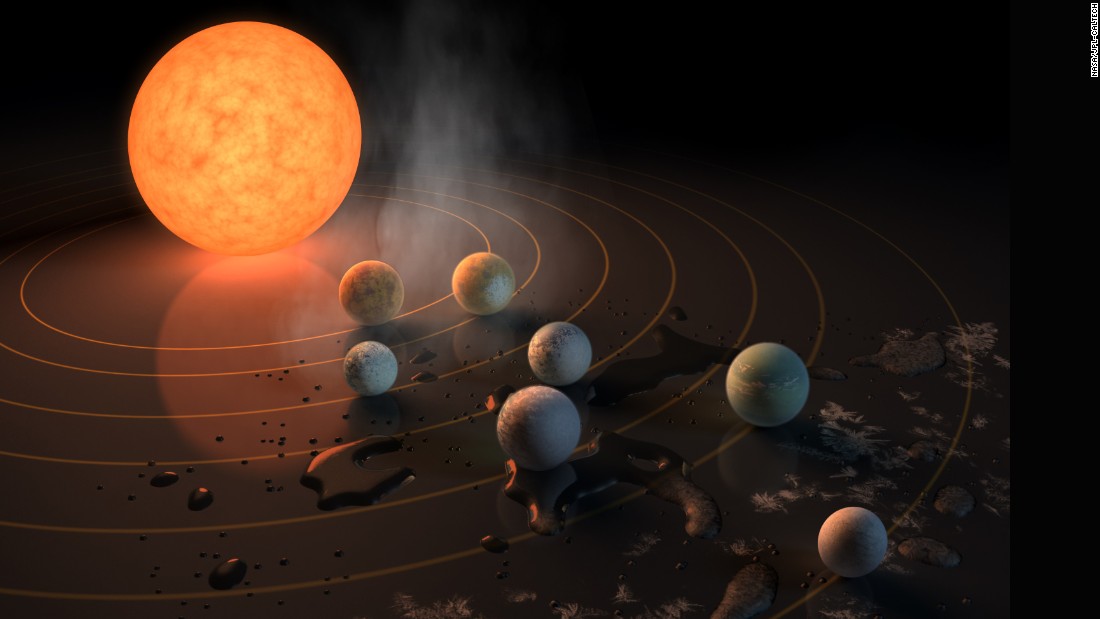
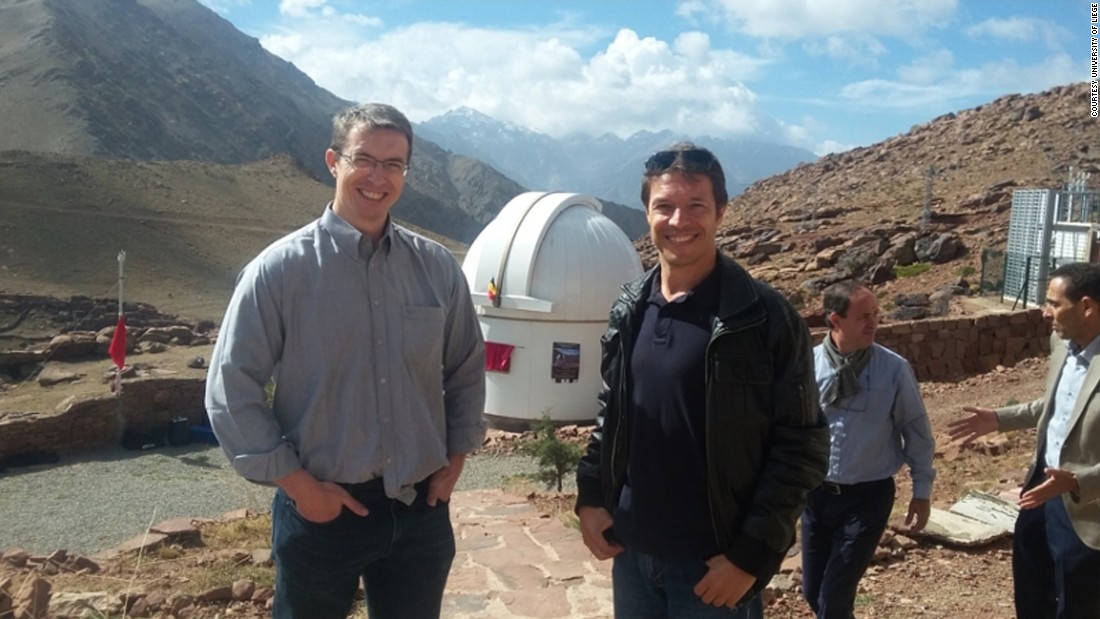
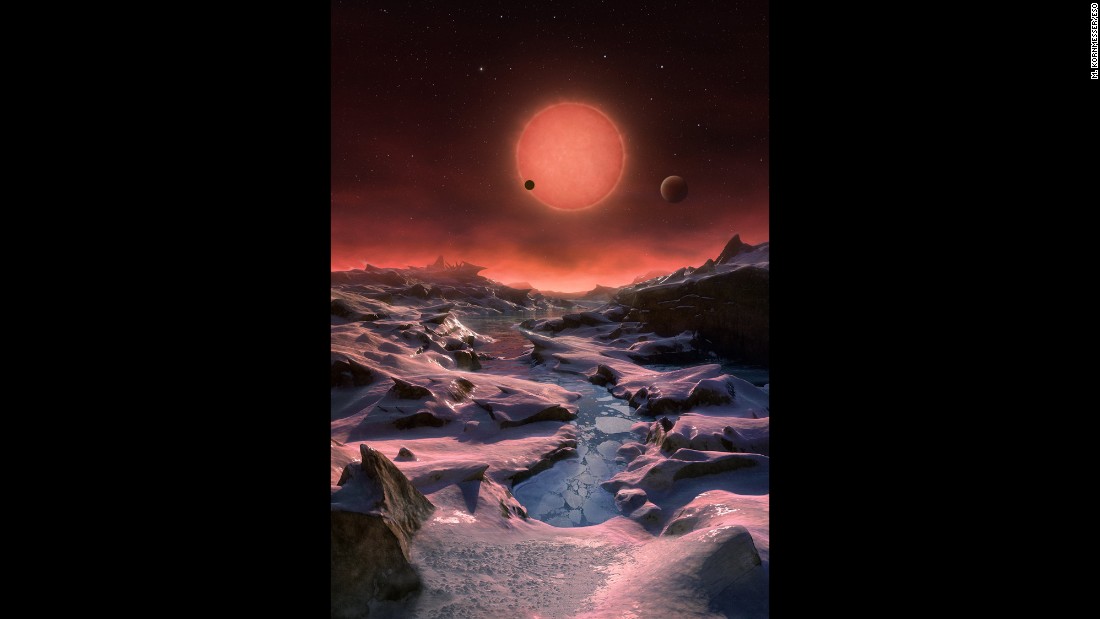
No comments:
Post a Comment